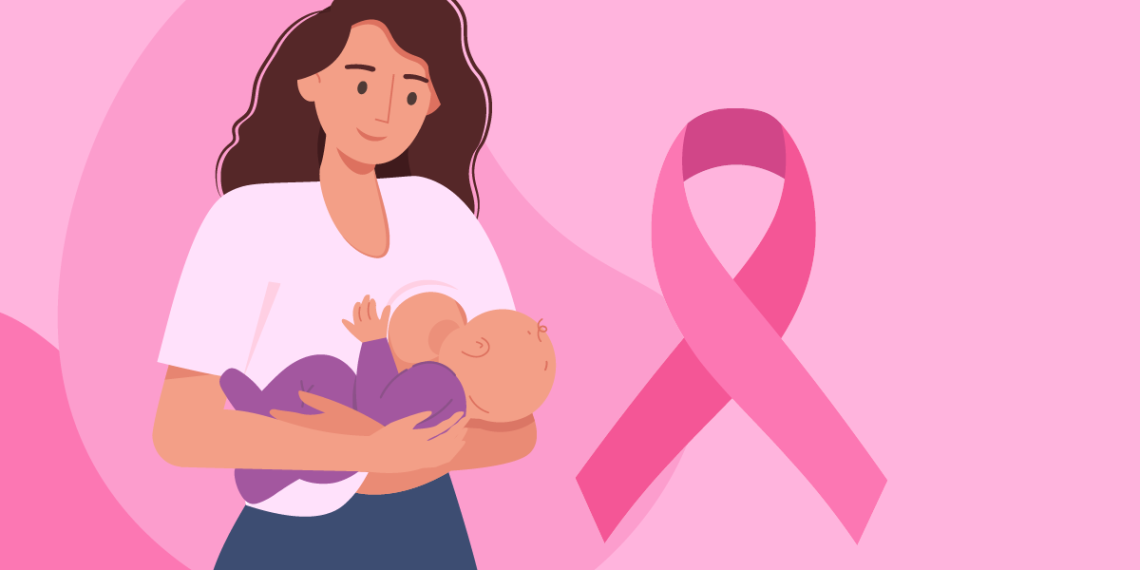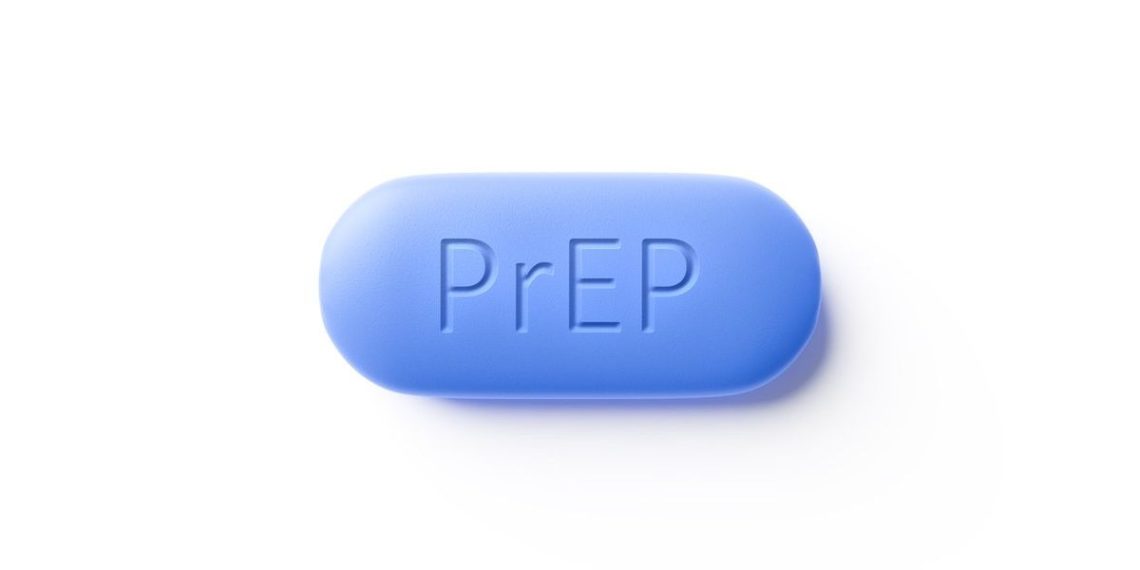October 18, 2024, is World Menopause Day. Menopause is a natural part of life that everyone who menstruates will go through at some point. But if you feel self-conscious talking about menopause — we hear you. Despite the fact that more than half of the population experiences this change, there’s still stigma and disparities in education about all the different ways menopause can affect your body, mind and everyday life. So, let’s pause here for a second so you can take our quiz (see what we did there?) and see how much you know about the signs, symptoms and important…
-
-
Laurel Post always knew she wanted to breastfeed. But her plan to nurse her son for at least two years was derailed after 15 months when she was diagnosed with an aggressive form of breast cancer. If she’d had time to prepare, Laurel could have pumped and stored her own milk. But she needed to start chemotherapy, followed by a double mastectomy, as soon as possible. Just like many other women, Post had to adapt and change her plans because of breast cancer. Unlike Post’s baby, though, some infants still require the bulk of their nutrition from breast milk or…
-
October 20, 2024, is World Osteoporosis Day. As the old saying goes, sticks and stones may break your bones but neglecting your bone health will hurt you. If it’s been awhile since you thought about your bones, we get it. Bone health is underrated. But it’s also really important. Let’s put it this way: You can’t do much without a skeleton. It’s especially important for women and people assigned female at birth to be proactive about bone health because osteoporosis, a disease that makes bones weak and brittle, affects 10 million people in the U.S. and 8 out of 10…
-
Español Medically reviewed by Emily Barr, PhD, RN, CPNP-PC, CNM, ACRN, FACNM, FAAN It might feel overwhelming if you’re living with human immunodeficiency virus (HIV) and want to get pregnant. You might wonder if you could pass on the virus to your baby, or if you can keep taking your HIV medications while pregnant. These concerns are valid. But many women living with HIV can and do go on to deliver a healthy baby. Every year, 3,500 people living with HIV in the United States give birth. We’re here to provide some answers that may ease your mind and help…
-
Español If you’re caring for someone with head and neck cancer, you may be at a higher risk of caregiver burnout than some other groups of cancer caregivers. A 2023 study in JAMA Network Open found that caregivers for people suffering from head and neck cancer are at higher risk of their own negative health impacts than caregivers for people with other types of disease. This is likely because of the intense nature of head and neck cancer. Seth Eisenberg, president at PAIRS Foundation, who had head and neck cancer himself seven years ago, pointed out that the stress of…
-
English Si cuidas a alguien con cáncer de cabeza y cuello, podrías tener un mayor riesgo de agotarse que cuidadores de personas con otros tipos de cáncer. Un estudio de 2023 en JAMA Network Open determinó que los cuidadores de personas que padecen cáncer de cabeza y cuello tienen un mayor riesgo de que su propia salud se vea afectada negativamente que cuidadores de personas con otros tipos de cáncer. Esto se debe posiblemente a la naturaleza intensa del cáncer de cabeza y cuello. Seth Eisenberg, presidente de la PAIRS Foundation, quien tuvo cáncer de cabeza y cuello hace siete…
-
English Emily Barr, PhD, RN, CPNP-PC, CNM, ACRN, FACNM, FAAN, hizo la revisión médica de este documento Podría ser abrumador vivir con el virus de inmunodeficiencia humana (VIH) y desear embarazarse. Podrías preguntarte si transmitirás el virus a tu bebé o si puedes seguir tomando tus medicamentos contra el VIH mientras estás embarazada. Estas preocupaciones son válidas. Pero muchas mujeres que viven con el VIH pueden hacerlo y tienen bebés saludables. Cada año, 3,500 personas que viven con el VIH en Estados Unidos tienen partos. Aquí encontrarás algunas respuestas que pueden tranquilizarte y que serán útiles para que mantengas conversaciones…
-
When HIV, the virus that causes AIDS, was first identified in the 1980s, it almost certainly a death sentence. More than 100,000 Americans died from the new disease in that decade. The idea that one day there might be medicines to prevent infection was a fantasy. Today, these medicines, called pre-exposure prophylaxis (PrEP), do exist, but most people who could benefit don’t take them. The policies that govern these medicines — and the enforcement of those policies — are largely to blame. PrEP is wildly effective. PrEP reduces the risk of getting HIV from sex by 99%, and from injection…
-
Español Hormones, which are chemicals in your body, act like messengers to help control your cells and organs. And endocrine disruptors are chemicals that interfere with the way hormones work. Some endocrine disruptors occur naturally and others are made by humans. The Endocrine Society estimates that there are nearly 85,000 human-made chemicals in the world — and 1,000 or more of them may be endocrine disruptors. Endocrine disruptors can block normal hormonal functions or mimic them so that they “trick” the body to overproduce or underproduce the hormones it needs to function normally. These chemicals are thought to be linked…
-
English Las hormonas, que son químicos en tu cuerpo, actúan como mensajeros que ayudan a controlar tus células y órganos. Y los alteradores endocrinos son químicos que interfieren con el funcionamiento de las hormonas. Algunos alteradores endocrinos se producen naturalmente y otros los hacen seres humanos. La Endocrine Society estima que hay aproximadamente 85,000 químicos artificiales en el mundo y 1000 o más de ellos podrían ser alteradores endocrinos. Los alteradores endocrinos pueden bloquear funciones hormonales normales o imitarlas de tal forma que “engañan” al cuerpo para que produzca un exceso o déficit de las hormonas que necesita para un…






